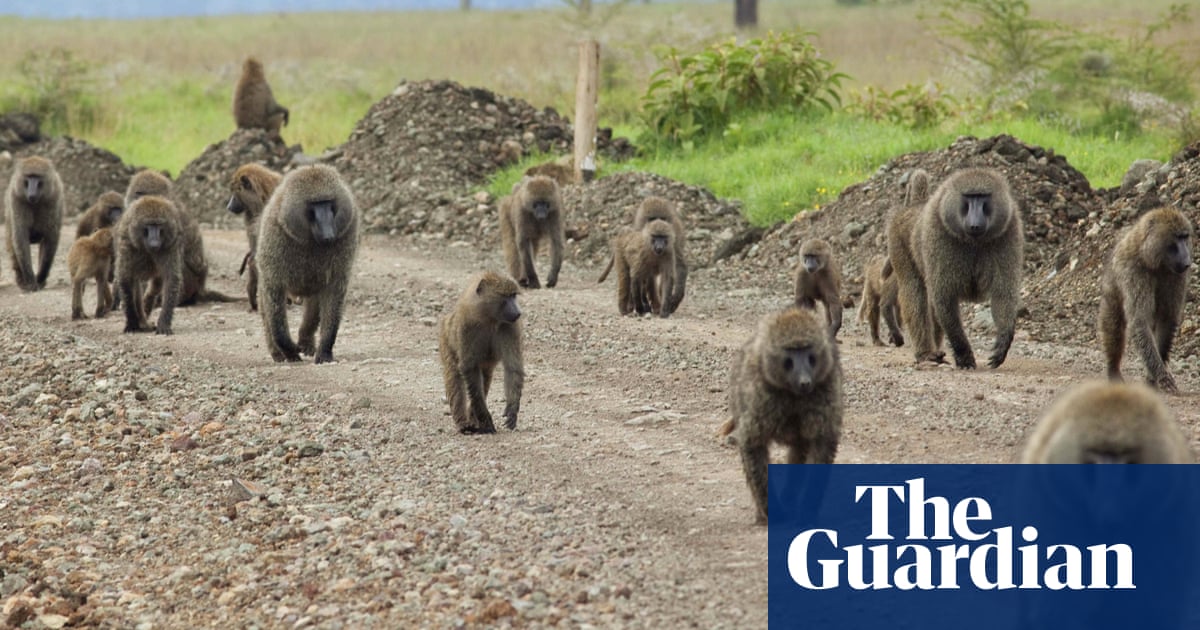Study Reveals Impact of Father-Daughter Relationships on Baboon Longevity

The intricate dynamics of baboon social structures provide an intriguing parallel to human families, especially when it comes to fatherhood. If male baboons were to be critiqued in the same manner as human fathers, one might liken them to 'deadbeat dads' due to their relatively minimal involvement in the upbringing of their offspring. However, new research suggests that even this limited paternal engagement can have significant positive effects on the health and longevity of female baboons.
In a fascinating study published in the journal Proceedings of the Royal Society B, a team of researchers led by Professor Elizabeth Archie from the University of Notre Dame delved into the social behaviors of baboons in Kenya. The research focused specifically on 216 female baboons whose parentage was confirmed through genetic data, with the fathers representing 102 different males.
The researchers meticulously observed the interactions between fathers and their daughters during the crucial early years of the females' lives—specifically their first four years. They recorded the frequency of grooming interactions, which are vital for bonding among baboons, as well as tracking how many days the fathers and daughters spent in the same social group. This data was pivotal in determining the adult lifespan of the female baboons.
Interestingly, the results indicated that female baboons who shared stronger relationships with their fathers—characterized by more grooming interactions and extended time spent together in the same group—tended to live significantly longer as adults. Those with greater paternal involvement lived approximately two to four years longer than their peers with weaker paternal ties. Even instances where only one of the two factors—extended cohabitation or increased grooming—occurred resulted in a notable increase in lifespan, ranging from two to three years, according to Archie.
To put this into perspective, the average lifespan for a female baboon who reaches adulthood is around 18 years. This added time could be crucial, potentially allowing them to bear more offspring, as females typically give birth roughly every 18 months. Archie pointed out that healthier daughters may enable their fathers to pass on more of their genes, enhancing their evolutionary fitness.
Despite these findings, the researchers observed that strong relationships between female baboons and other adult males—regardless of whether they were the fathers—did not correlate with increased survival rates for the females. This highlights the unique role that fathers play in the lives of their daughters.
While the exact mechanisms behind these findings remain unclear, Archie suggested several possibilities. One theory is that fathers may intervene to protect their daughters from danger, such as fights or harassment, thereby creating a 'zone of safety' that allows them to thrive. Alternatively, she proposed the intriguing idea that healthier female baboons naturally foster better relationships with their fathers, resulting in both stronger bonds and longer lives.




























